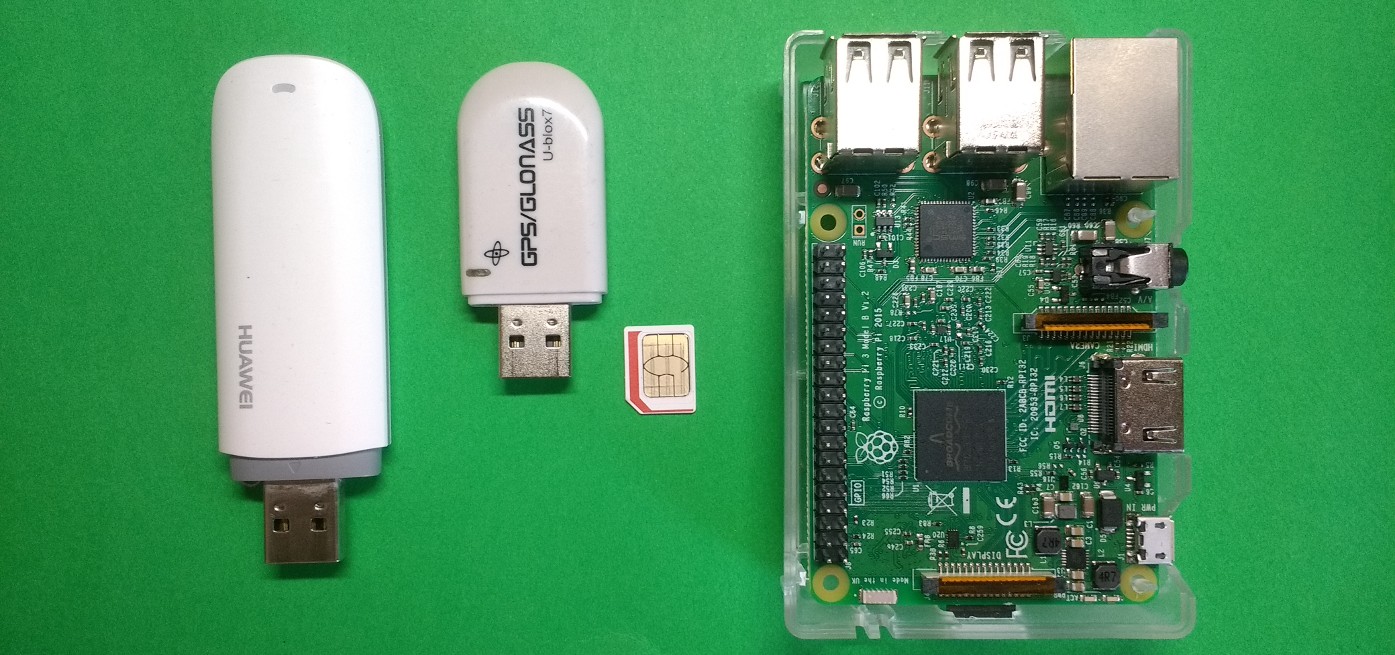
Buying Guide for Portable Signal Jammers
Key Takeaways Consideration Detail Product Weight Jammer Master’s portable jammers average 1.5Kg, significantly lighter than desktop models. Frequency Bands Capable of blocking multiple bands with
Free Worldwide Shipping & 1-Year Warranty!

In today’s world, mobile communication has become an integral part of our daily lives. However, in certain situations, such as in prisons or correctional facilities, the use of mobile phones can pose a serious security threat. To counter this, prison signal jammers are employed to disrupt cellular signals, preventing unauthorized communication. This article aims to shed light on the working principle, installation, and benefits of prison signal jammers.
As we all know, mobile communication devices rely on signal reception. When a mobile phone is in operation, it connects to a base station through radio waves within a specific frequency range. The data and voice transmission occur after modulation. Prison signal jammers exploit this communication principle by transmitting random interference, rendering mobile phones unable to detect normal data transmitted from the base station and establish a connection.
Prison signal jammers are predominantly used in correctional facilities and prisons to prevent unauthorized use of mobile phones for activities such as photography, recording, or leaking confidential information. By installing these jammers, the authorities can ensure that inmates and visitors are unable to communicate with the outside world, thereby maintaining security and preventing potential criminal activities.
To install a prison signal jammer, the first step is to identify the area where mobile signals need to be blocked. The jammer is then placed on a desk or wall within that designated area. Once the installation is complete, the jammer is connected to a power source and the power switch is turned on. In cases where multiple jammers are required, they can be networked together and controlled remotely.
Once a prison signal jammer is activated, all mobile phones within its range will be deprived of network signals, rendering them unable to communicate. This ensures that inmates and visitors are unable to make unauthorized calls, send messages, or access the internet. By effectively blocking cellular signals, prison signal jammers play a crucial role in maintaining security and preventing potential threats.
Prison signal jammers are essential tools in correctional facilities and prisons to prevent unauthorized communication and maintain security. By disrupting cellular signals, these jammers ensure that inmates and visitors are unable to use mobile phones for illicit activities. The installation and usage of prison signal jammers are straightforward, and they can be controlled remotely for added convenience. With their effectiveness in blocking mobile signals, prison signal jammers contribute significantly to the overall safety and security of correctional facilities.
Our frequency checker tool will help you check all frequency bands used in all country.

Key Takeaways Consideration Detail Product Weight Jammer Master’s portable jammers average 1.5Kg, significantly lighter than desktop models. Frequency Bands Capable of blocking multiple bands with

In an age where the sky is dotted with drones, the importance of drone jammers has never been more significant. From commercial deliveries to personal

Protect your vehicle’s location privacy with a professional guide on GPS jammers. From selection to legal considerations and installation tips, we’ve got you covered. Key

Understanding Signal Blocker: How It Works and Its Applications Signal Blockers are devices that can disrupt mobile phone signals, preventing them from connecting to base

The Application and Benefits of High-Power Signal Jammers Enhancing Signal Blocking Efficiency in Various Environments In today’s technologically advanced world, the need for effective signal

Considerations for Purchasing Exam Room Signal Jammers Ensuring Effective Signal Jamming for Exam Integrity As the year approaches its end, many schools are preparing for

The Importance of Monitoring and Signal Interference Measures During Examinations During examination periods, it is crucial to closely monitor the examination venues and their surrounding

Selecting the Appropriate Cell Phone Jammer for Theaters and Auditoriums Overcoming Challenges in Installation and Maximizing Signal Disruption The Importance of Cell Phone Jamming in

Remote Control of Cell Phone Jammers via Smartphone: A Possibility? With the rapid development of the Internet of Things (IoT), numerous smart home devices have